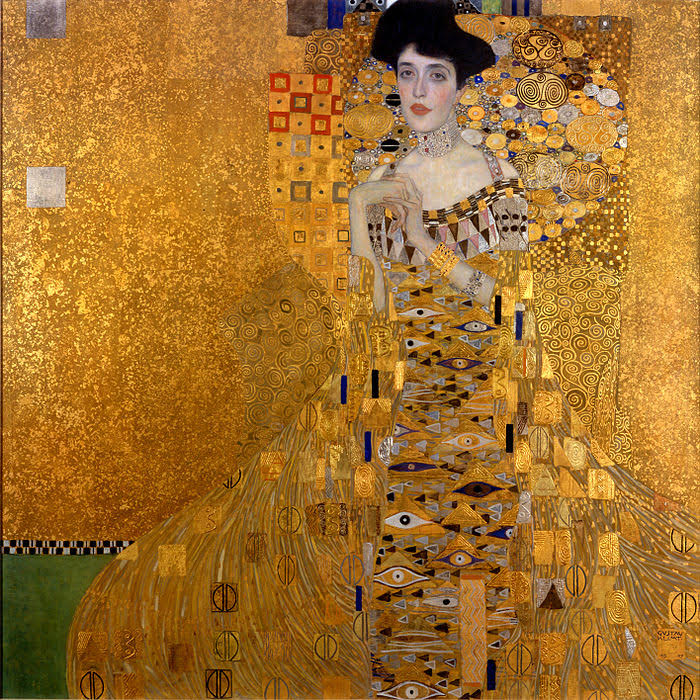The Nazis and Art: Demeaning, Plundering, Restitution

This course investigates the Nazis and the painting, prints, sculpture, architecture, and film they promoted, demeaned, and destroyed. Students will investigate Nazi theories of art in relation to issues of race, gender, and politics in Germany, and will attempt to understand why some works of art and film were admired, and others condemned by the Third Reich. We will investigate the prodigious efforts of Nazi archaeology to discover the origins of the so-called superior race of German Aryans. The Nazi critique of art lauded idealized images of white Aryans that contrasted with figures of Jews, gypsies, Asians, homosexuals, and Africans portrayed in "decadent" modern art. Also of interest are: the structures and plans of Hitler's architect, Albert Speer, and others, that challenged the modernist ideals of the Bauhaus; the heroic, German musclemen sculpted by Arno Breker and Joseph Thorak; and the innovative, yet disturbing Nazi films of Leni Riefenstahl and others. Among the modernist works demeaned by the Third Reich are those of German Expressionists, and such other modernists as Chagall, Picasso, Matisse, Klee, and Klimt.
The art exhibition of 1937 in Munich, known as the "Degenerate Art exhibit," organized by the Nazis to mock modern art as "insane," "Jewish," "perverted," and "Negro," is a major focus of the course. We will examine the installations as well as the words written on the walls to determine how Nazi ideologies of the German Volk were celebrated through the public display of art as a propagandistic tool. We will have a field trip to the University of Michigan Museum of Art to discuss works that were or would have been condemned by the Nazis, with emphasis also upon their exceptional role within the history of modernism.
Finally, the plunder and looting of early modern art by the Nazis will be underscored by discussions of the heroic counter activities of the Monuments Men during World War II. The ethical issues surrounding the restitution of art to the families of Jewish survivors and to other cultures are investigated through actual case studies. A presentation by an attorney will address the legal difficulties of winning varied cases.
HISTART Distribution Requirements: Europe and the United States, Early Modern, Modern and Contemporary